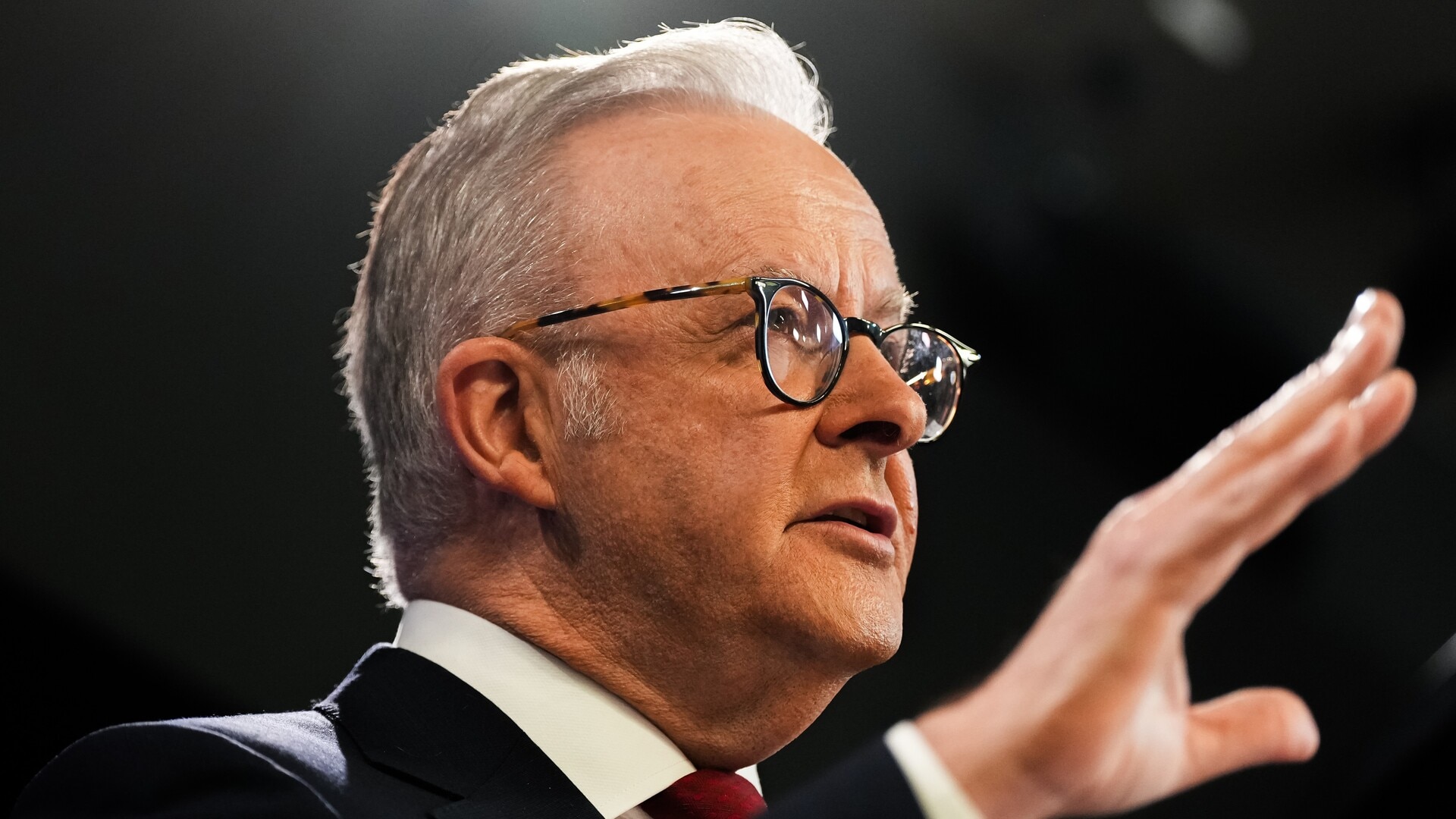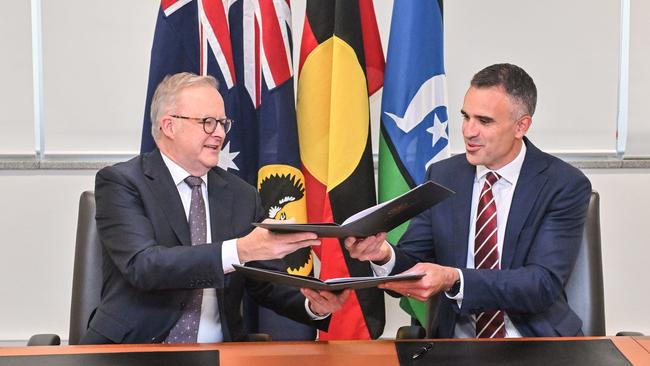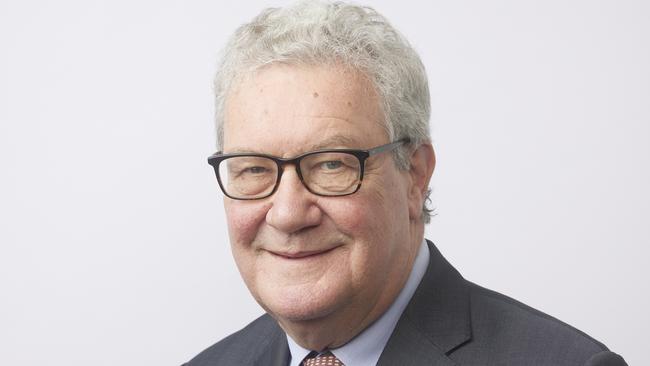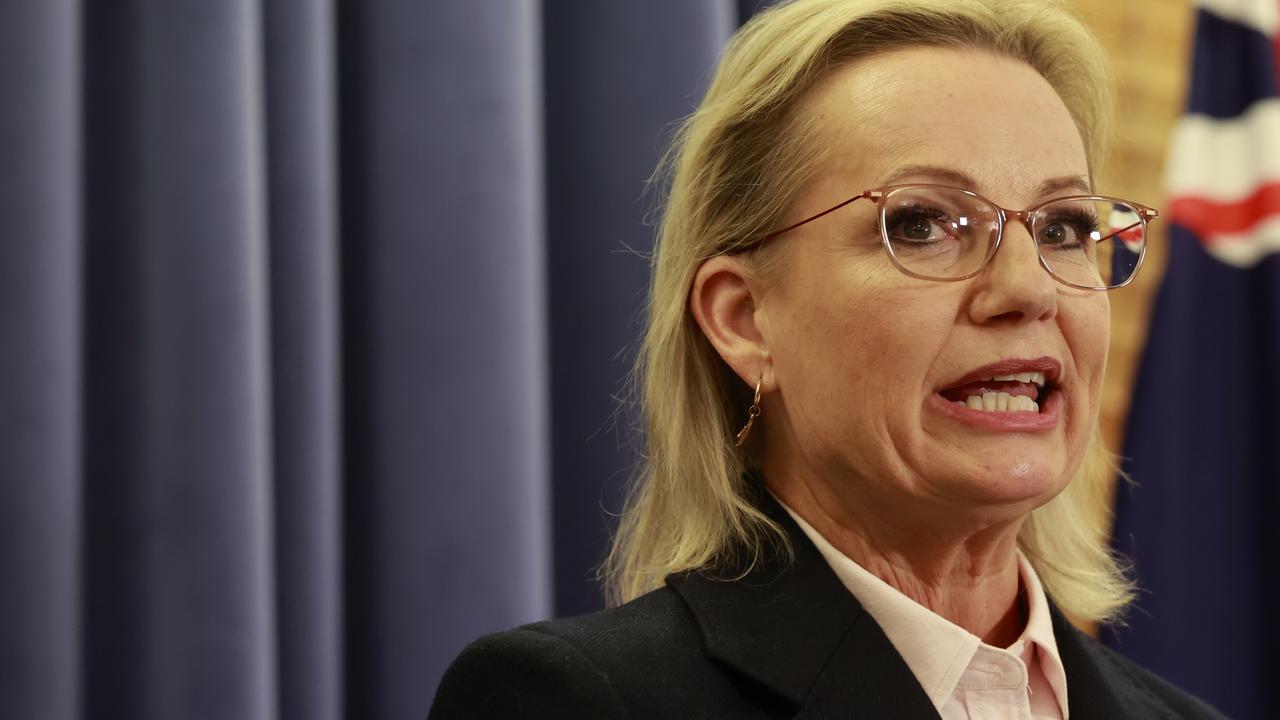Every year SA’s share of the national population and the national economy continues to decline. You may not care but I passionately do | Alexander Downer
With the Labor Party dominant in both state and federal politics, we have every reason to worry about the concentration of power, writes Alexander Downer.

Opinion
Don't miss out on the headlines from Opinion. Followed categories will be added to My News.
Lord Acton is famous for his saying that power corrupts and absolute power corrupts absolutely.
Acton was a 19th century British politician and historian who was committed to the concept of individual freedom. He was deeply opposed to concentrations of power which made him unpopular with many of the powerful and influential people and institutions of his time.
Now we’ve had an overwhelming victory by Labor in the federal election and the South Australian Labor Party seems deeply entrenched, we have every reason to worry about the concentration of power.

The federal opposition, which has a constitutional obligation to test decisions made by powerful figures in Canberra, is still wrestling with the consequences of its disastrous electoral performance. In South Australia, the state opposition has struggled with internal divisions and if the federal election were transposed onto the state electoral map, could be reduced to just six or so seats in the House of Assembly at the next election.
Of course, federal issues are different from state issues and it may be that the state opposition performs much better than that. But the fact remains, with the federal Labor government entrenched in Canberra, a state Labor government with an iron grip on power in SA, and all integrated with the trade union movement, power has become dangerously concentrated.
The point is that the decisions made by governments, state and federal, and promoted by the trade union movement need to be challenged and tested the whole time. If they’re not, then as mistakes are made, the price paid by the community could be huge.
Not only do decisions made by powerful people have to be challenged and debated, but opposition political parties should come up with clear alternative strategies. For example, it was striking that when the 3.5 per cent increase in electricity prices was announced this week, there was scarcely any debate about the reasons for those increases and no alternatives were proposed. In an interview on ABC radio with Premier Peter Malinauskas, he argued that increases in NSW and Queensland were greater than in SA. So what? But surely the ABC interviewer could have explored why SA has the highest electricity prices in the nation. This is a critical issue for the survival of the state’s economy and the living standards of its residents.

Since the Rann government, SA has been investing in wind and solar-generated electricity. Since the wind doesn’t always blow and the sun doesn’t always shine, these sources of energy have to be supplemented with a reliable source which can be called on 24 hours a day. SA’s answer is gas but the gas-powered stations are used intermittently, which makes the cost of running them per unit of output substantially higher than if they were the sole generator of electricity.
What is more, the cost of building transmission from so-called renewable power sources is astronomical. Not only does the high cost of electricity discriminate against low and middle-income families – it’s highly regressive as a deliberate act of public policy to force up electricity prices – but it is a huge disincentive for investors to invest in industry of almost any kind in SA.
Think about this. Around 85 per cent of jobs created in SA over the last year were either in the public service or in areas dependent on public subsidies such as education and healthcare. What is depressing is that the media and, importantly, opposition politicians, whilst complaining about the high cost of electricity, put forward no alternative strategies to reduce those costs. You would’ve thought it would be a priority to find ways of generating energy in SA which would be far cheaper than the current policy. After all, SA has not just the highest electricity prices in Australia but amongst the highest in the whole world.
Incredibly, no one seems to care very much and no one comes up with an alternative strategy. The reason for that is clear. There is a dangerous consensus that any policy which reduces carbon dioxide emissions is by definition, good. Of course that is not true. Some policies will be much more effective than others. And what is more, any contribution SA makes to reducing global carbon dioxide will be immeasurably small.
And by the way, it is simply incredible that when an American company proposed to invest in a so-called climate-friendly battery factory in SA, there is an outcry even against this investment.
Lord Acton was right. We need a diffusion of power in SA. We need more debate, we need decisions being challenged more vigorously, we need alternative policies to consider. And above all, we need more ambition for the state to try to improve productivity, increase economic growth and make our state technologically dynamic. Instead, through lack of serious debate and lack of alternatives, we are just plodding along. And every year SA’s share of the national population and the national economy continues to decline. You may not care but I passionately do.






